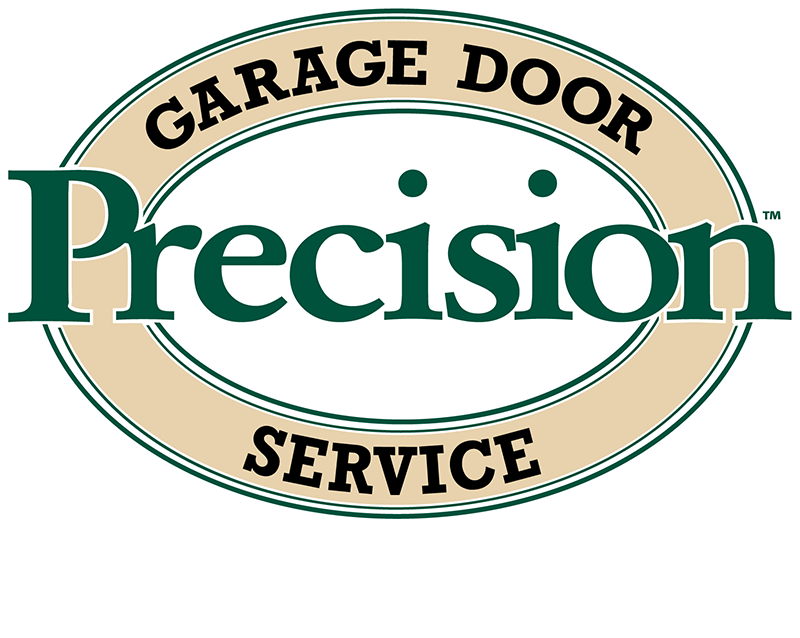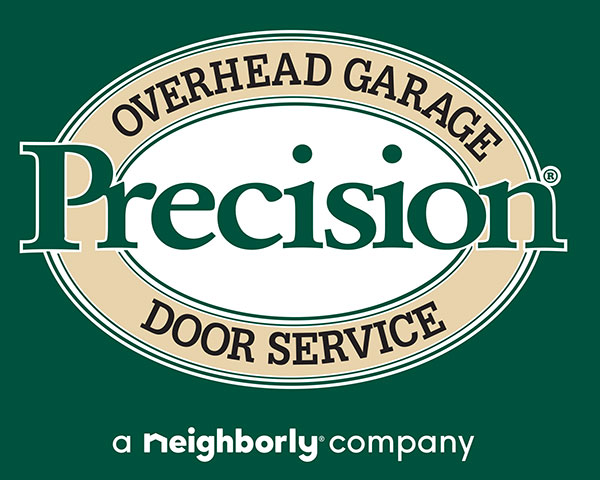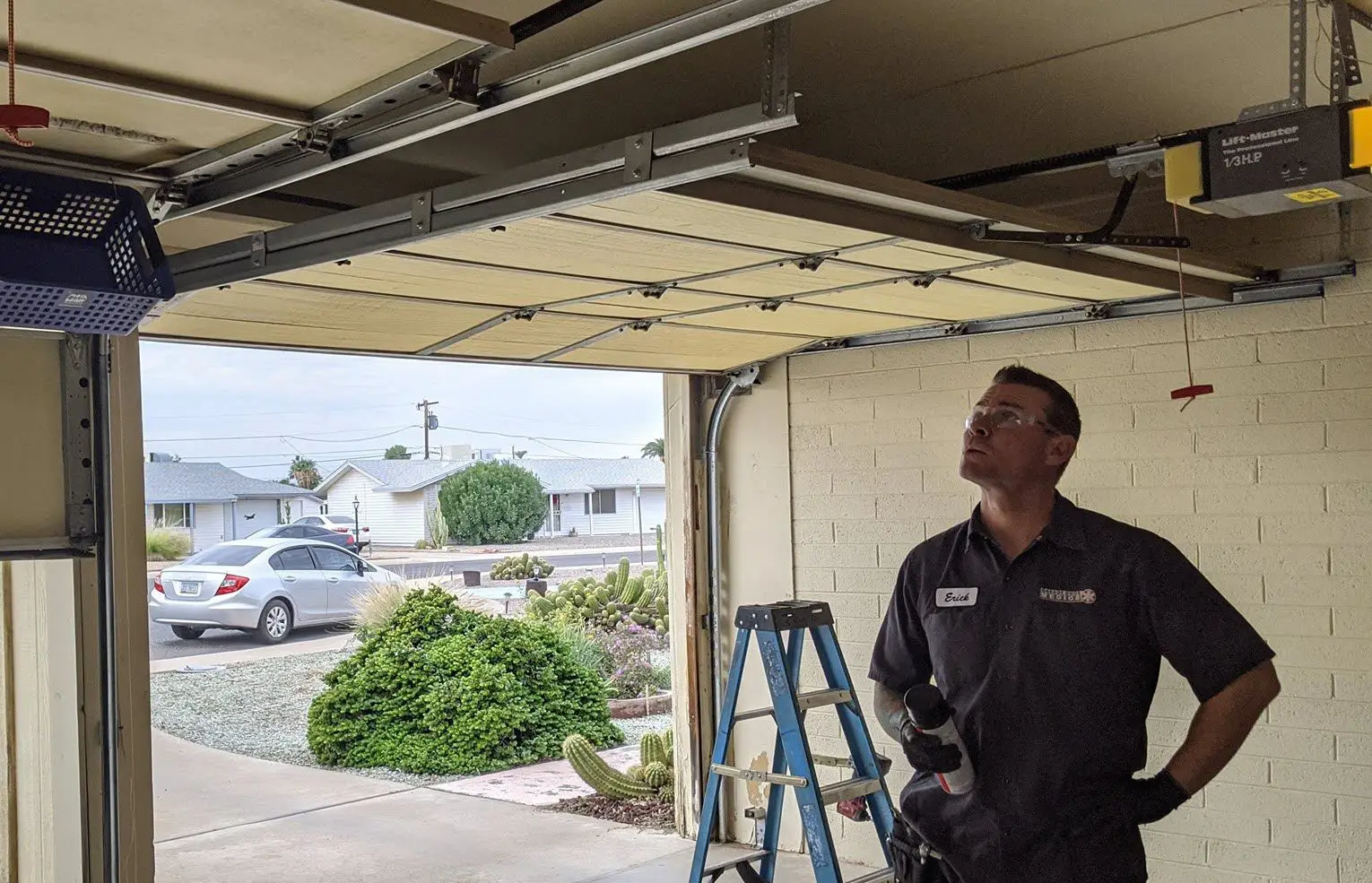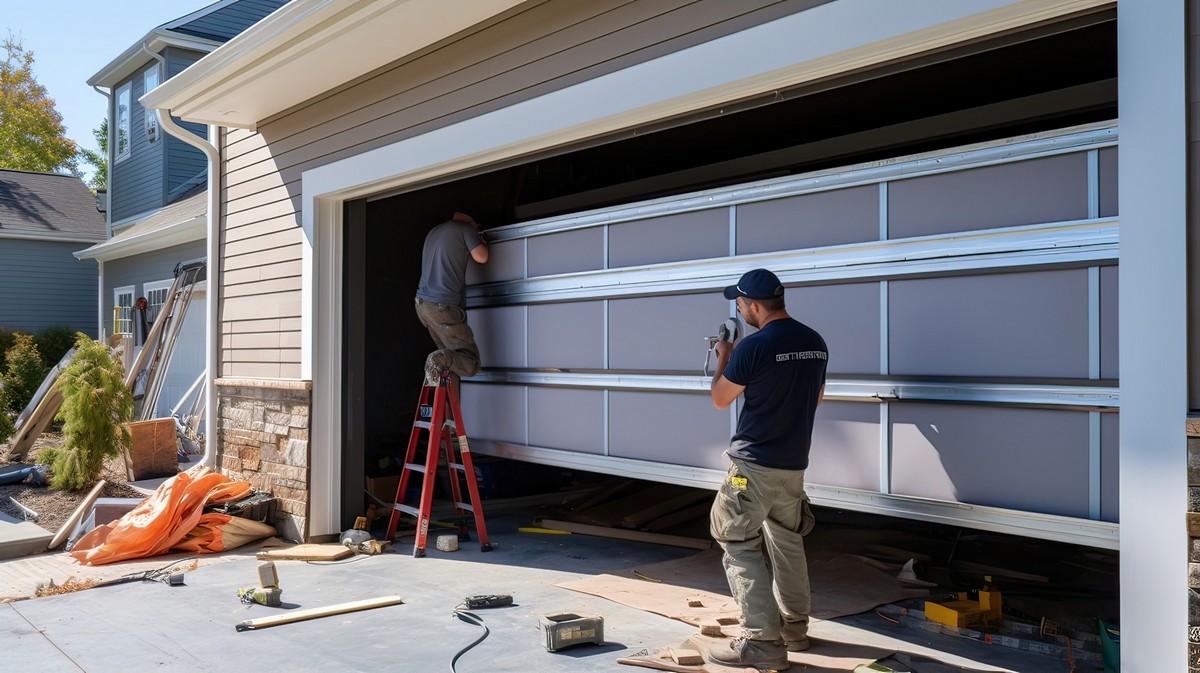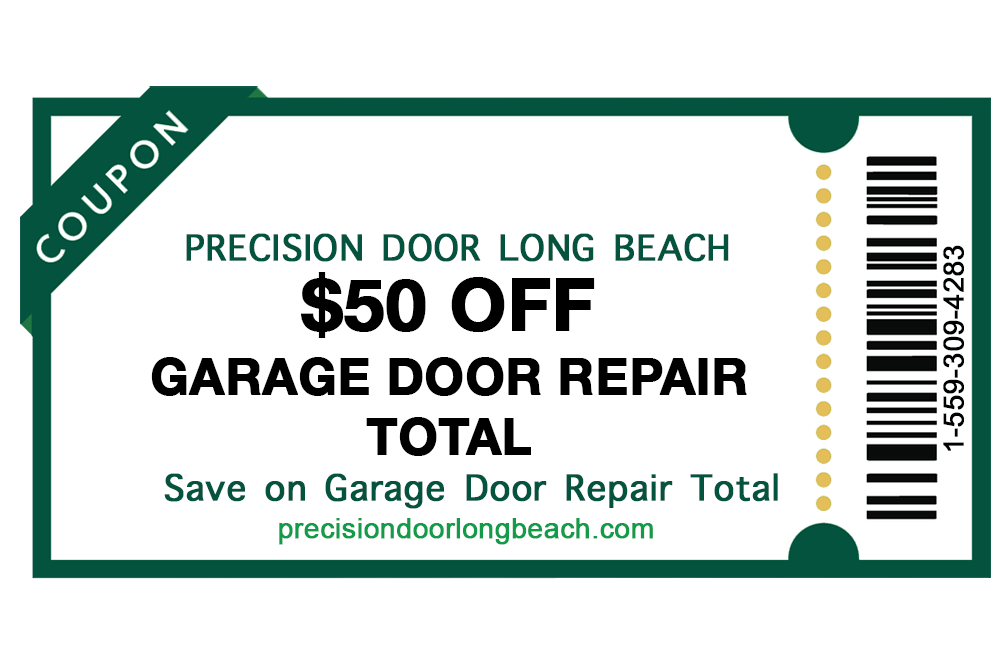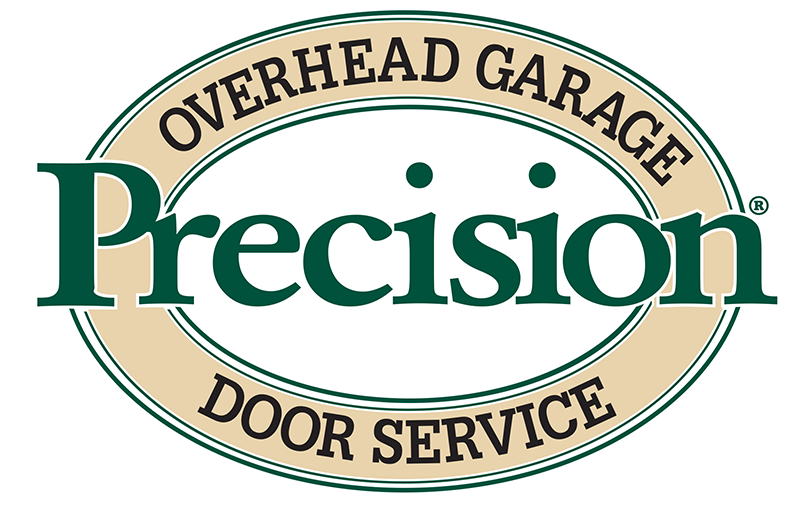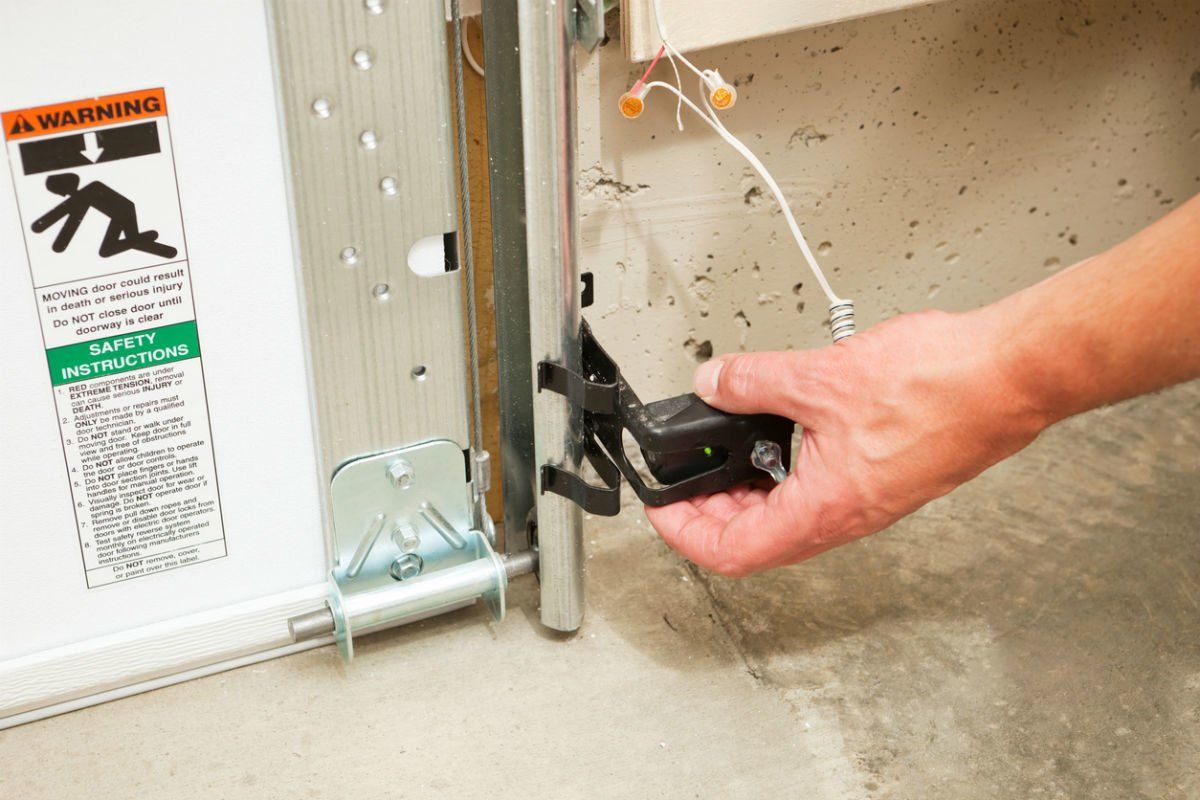
Modern garage doors rely on sensors to keep your family and property safe. These small devices prevent the door from closing when something is in the way. But even a minor issue can stop your system from working properly. Many homeowners in Long Beach face garage door sensor problems without realizing how easily they can be fixed.
When sensors become dirty, misaligned, or damaged, your door might not close or could reverse suddenly. This can be frustrating and unsafe, especially when you need reliable access every day. Ignoring the problem only leads to bigger repairs and unnecessary costs.
In this guide, you’ll learn how to identify and solve common garage door sensor problems quickly and safely. From simple cleaning steps to professional repair tips, we’ll cover everything you need to keep your garage door working smoothly all year.
Common Causes of Garage Door Sensor Problems
Most garage door sensor problems start with simple issues that are easy to overlook. One of the most common causes is dirt or dust buildup on the sensor lenses. When the sensors can’t send or receive a clear infrared signal, the door may stop or reverse unexpectedly. Cleaning the lenses gently with a soft cloth often restores normal function. If the problem continues, it may be time to schedule professional garage door repairs to inspect the system.
Sensor alignment issues are another frequent cause. Even a small bump from a car, bicycle, or lawn tool can knock the sensors out of position. When they’re misaligned, their beams don’t connect, and the door refuses to close. It’s important to make sure both sensors face each other directly. Checking the brackets and adjusting them helps fix these issues. For smoother operation, maintain well-balanced rollers and cables that prevent unnecessary vibration.
Wiring problems can also lead to garage door sensor problems. Loose or damaged cables interrupt the signal between the sensors and the opener. In some cases, bright sunlight can interfere with the infrared beam. Replacing worn wires or shielding the sensors from direct sunlight can solve these issues. Upgrading small parts and accessories designed for sensor protection will help your garage door operate safely and consistently.
How to Diagnose Garage Door Sensor Issues
Before fixing anything, it’s important to identify the exact cause of your garage door sensor problems. A few quick checks can help you find what’s wrong and determine whether you can handle the repair yourself or need professional help.
Check for Obstructions and Clean the Lenses
Start by inspecting the area around the sensors. Dirt, dust, spider webs, or small objects can block the infrared beam. Gently clean the lenses with a soft, dry cloth to restore a clear signal. Avoid using water or harsh cleaners, as they can damage the sensors.
Inspect the Alignment
Both sensors must face each other directly for the system to work. If one is tilted or loose, the door won’t close. Look for the small indicator lights; if they’re blinking, the sensors are out of alignment. Adjust the brackets until both lights glow steadily.
Test the Wiring Connections
Loose wires or cracked cables can cause the sensors to fail. Check the connections at both sensors and the opener. Replace damaged wires and ensure the cables are secure. For safe handling or replacement, contact a technician who handles broken springs and electrical repairs.
Observe the LED Indicators
Many sensors have red or green LED lights. A steady light means the sensors are working, while a blinking light indicates an issue. Reviewing your opener’s manual can help you interpret the signals correctly.
Simple checks like these can reveal the cause of most garage door sensor problems without advanced tools. Regular inspections prevent future malfunctions and keep your door operating safely year-round.
Easy Fixes for Garage Door Sensor Problems
Most garage door sensor problems have simple solutions that don’t require expensive repairs. Start by cleaning the sensor lenses and removing anything that might block the beam. Even a small amount of dirt or moisture can disrupt the signal. Use a soft, dry cloth and make sure both sensors are dry and facing each other. Once cleaned, test the door to see if it closes properly. If it still malfunctions, it’s time to check the alignment. Routine garage door repairs can prevent these small issues from turning into costly problems.
To realign the sensors, loosen the mounting brackets slightly and move each sensor until both indicator lights glow steadily. Tighten the screws carefully once they line up. Always check the brackets for movement or vibration that could knock them off balance later. After adjusting, open and close the door a few times to make sure the sensors hold alignment. If problems persist, it could be a wiring or power issue. Replacing older parts with parts and accessories designed for your system can restore consistent performance.
Sometimes, sensors need more than a quick fix. If the lights stay off, the wires are damaged, or the opener still won’t respond, it’s best to call a professional. Skilled technicians can replace faulty components, rewire connections, and test the system safely. For complex electrical issues or repeated errors, schedule a service that includes your garage door openers. Quick expert repairs ensure your sensors function reliably and keep your garage door safe to use.
Why Professional Help Matters for Sensor Repairs
While many homeowners can handle basic maintenance, some garage door sensor problems require professional expertise. Technicians use advanced tools to test alignment, power flow, and sensitivity. They can identify hidden issues that DIY fixes often miss, like damaged wiring or faulty circuit boards. Professionals also make precise adjustments to ensure the sensors meet safety standards. Getting expert Garage Door Lifespan inspections keeps your entire system balanced and reliable.
Safety is another key reason to call an expert. A malfunctioning sensor can cause the door to close unexpectedly, creating a risk of injury or property damage. Professionals know how to handle these hazards and prevent accidents. If your door is off track or too heavy to lift, it’s best to avoid testing it yourself. Scheduling service for off-track garage doors ensures that your sensors and other parts work safely together.
Hiring experienced technicians also saves time and money long-term. They can upgrade old sensors, improve calibration, and help prevent future breakdowns. Many repairs come with warranties, giving you peace of mind. If your system is outdated, professionals can recommend smart upgrades that boost safety and performance. Learn more about expert replacements and upgrades through Upgrading Your Garage Door. With skilled help, your sensors will stay reliable and responsive year-round.
Fix Your Garage Door Sensor Problems Today
When your sensors stop working, it can interrupt your day and put safety at risk. Simple issues like dirt, misalignment, or loose wires often cause big frustrations. By catching these early, you can prevent expensive repairs later. Regular cleaning and maintenance protect your sensors and keep your door working smoothly. A quick inspection can reveal what’s wrong before your garage door sensor problems become major failures.
Professional help ensures the job is done right. Experienced technicians can test power, alignment, and response time to restore full function. They also identify electrical or structural issues you might miss. With the right tools and knowledge, they’ll fix the problem quickly and keep your garage safe for everyday use. Precision work means longer-lasting sensors and fewer breakdowns in the future.
If your garage door won’t close or the sensors keep blinking, don’t wait for it to fail completely. Schedule expert service with Contact Precision Door Long Beach today. Their trusted local technicians specialize in diagnosing and repairing garage door sensor problems fast. Stay safe, avoid frustration, and keep your garage door performing like new all year long.
